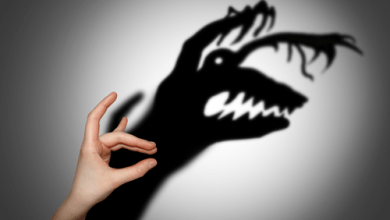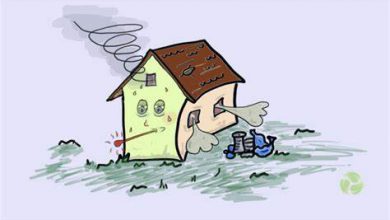The Master’s Tools

This is a seminal piece of 2nd wave feminist writing that has shaped many (older) radical feminists. Yet again we are at a time in history where (mainly wyt and alas a lot of women) academics have hi-jacked common sense and de-railed the transit towards female (especially black and lesbian) liberation. I have edited the article and added a commentary at the end.
“I agreed to take part with the understanding that I would be commenting upon papers dealing with the role of difference within the lives of (American) women: difference of race, sexuality, class, and age. The absence of these considerations weakens any feminist discussion of the personal and the political…
It is only in the patriarchal model of nurturance that women “who attempt to emancipate themselves pay perhaps too high a price for the results”.
For women, the need and desire to nurture each other is not pathological but redemptive, and it is within that knowledge that our real power is rediscovered. It is this real connection which is so feared by a patriarchal world…
Interdependency between women is the way to a freedom which allows the I to be, not in order to be used, but in order to be creative. This is a difference between the passive be and the active being.
Advocating the mere tolerance of difference between women is the grossest reformism. It is a total denial of the creative function of difference in our lives. Difference must be not merely tolerated, but seen as a fund of necessary polarities between which our creativity can spark like a dialectic. Only then does the necessity for interdependency become unthreatening. Only within that interdependency of difference strengths, acknowledged and equal, can the power to seek new ways of being in the world generate, as well as the courage and sustenance to act where there are no charters.
Within the interdependence of mutual (non dominant) differences lies that security which enables us to descend into the chaos of knowledge and return with true visions of our future, along with the concomitant power to effect those changes which can bring that future into being. Difference is that raw and powerful connection from which our personal power is forged.
As women, we have been taught either to ignore our differences, or to view them as causes for separation and suspicion rather than as forces for change. Without community there is no liberation, only the most vulnerable and temporary armistice between an individual and her oppression. But community must not mean a shedding of our differences, nor the pathetic pretence that these differences do not exist.
Those of us who stand outside the circle of this society’s definition of acceptable women; those of us who have been forged in the crucibles of difference — those of us who are poor, who are lesbians, who are Black, who are older — know that survival is not an academic skill. It is learning how to take our differences and make them strengths.
For the master’s tools will never dismantle the master’s house. They may allow us temporarily to beat him at his own game, but they will never enable us to bring about genuine change. And this fact is only threatening to those women who still define the master’s house as their only source of support.
In a world of possibility for us all, our personal visions help lay the groundwork for political action. The failure of academic feminists (too many women) to recognize difference as a crucial strength is a failure to reach beyond the first patriarchal lesson. In our world, divide and conquer must become define and empower…
Women of today are still being called upon to stretch across the gap of male ignorance and to educate men as to our existence and our needs. This is an old and primary tool of all oppressors to keep the oppressed occupied with the master’s concerns… This is a diversion of energies and a tragic repetition of racist patriarchal thought.
“It is in the knowledge of the genuine conditions of our lives that we must draw our strength to live and our reasons for acting.” Simone de Beauvoir
Racism and homophobia are real conditions of all our lives in this place and time. I urge each one of us here to reach down into that deep place of knowledge inside herself and touch that terror and loathing of any difference that lives there. See whose face it wears. Then the personal as the political can begin to illuminate all our choices
Prospero, you are the master of illusion.
Lying is your trademark.
And you have lied so much to me
(Lied about the world, lied about me)
That you have ended by imposing on me
An image of myself.
Underdeveloped, you brand me, inferior,
That’s the way you have forced me to see myself
I detest that image!
What’s more, it’s a lie!
But now I know you, you old cancer,
And I know myself as well.
~ Caliban
from Aime Cesaire’s A Tempest”
For ‘Prospero’ read patriarchy.
This article was written in 1984 and alas is still so very relevant today. Here in the 21st century we are being asked to not only bridge the ‘gap of male ignorance’, now we are witness to and polarised by one of the most acrimonious splits between women, as some refuse to accept the male (academic – academia is a powerful tool of the patriarchy) arrogance and usurpation not only of our name but of our sovereignty of self and (safe) spaces, (organisational, physical, practical).
Within this demand from men and women yet another war on women has been created this one between 2nd and so called 3rd wave feminists. Which ultimately and again only serves the patriarchy and aids our continued incarceration within this patriarchal structure.
Heli St Luce




